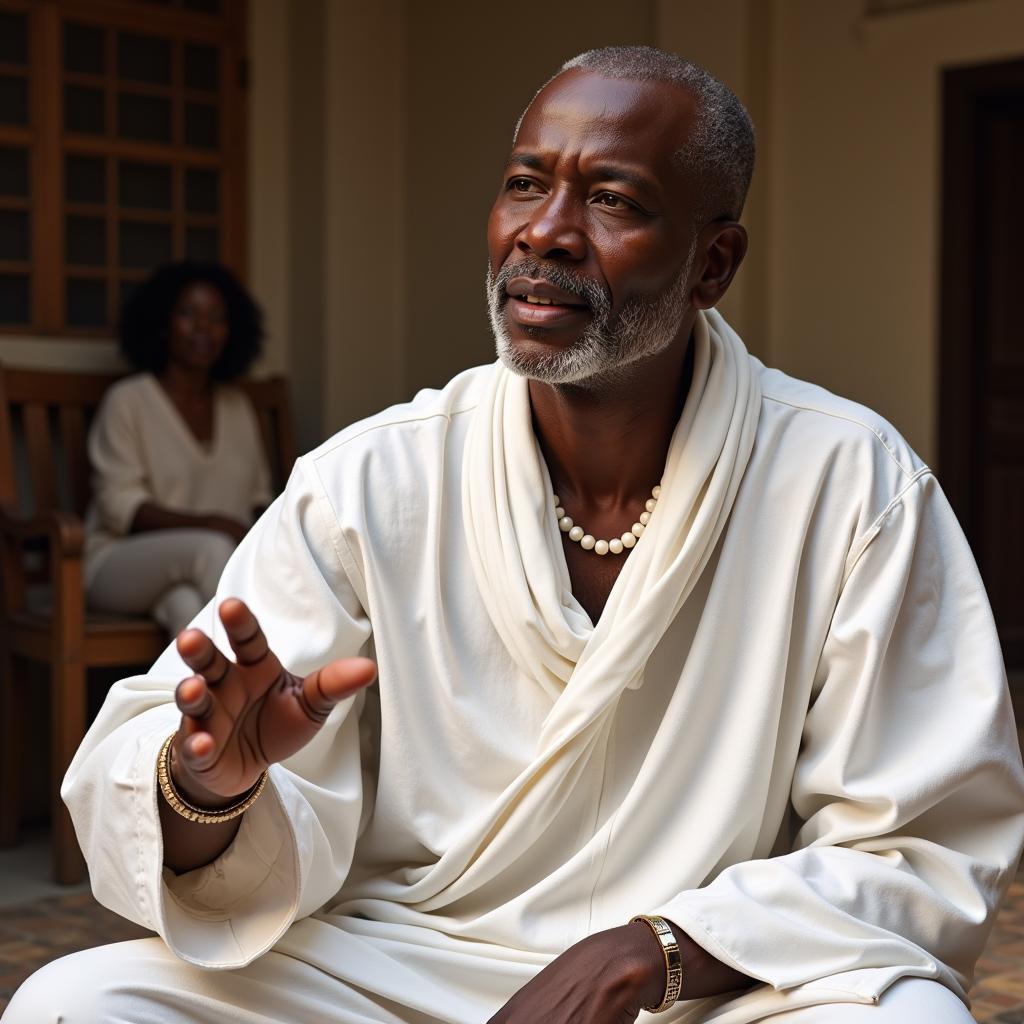African Countries Under Dictatorship: A Complex Reality
The term “African Countries Under Dictatorship” often evokes images of oppression and instability. This article delves into the multifaceted nature of governance in Africa, exploring the historical context, current challenges, and potential paths towards democratic progress in nations grappling with authoritarian rule. african dictator country This exploration aims to provide a nuanced understanding beyond simplistic labels.
Understanding Dictatorship in the African Context
Dictatorships, characterized by authoritarian rule and limited political freedoms, have unfortunately been a recurring theme in Africa’s post-colonial history. Factors such as the legacy of colonialism, Cold War influences, ethnic tensions, and weak state institutions have contributed to the rise and persistence of such regimes. Understanding this complex interplay of factors is crucial to analyzing the current political landscape.
The Historical Roots of Authoritarianism
The arbitrary borders drawn during the colonial era often grouped disparate ethnic groups together, creating tensions that have been exploited by aspiring dictators. The Cold War further exacerbated these issues, as superpowers supported autocratic regimes aligned with their ideologies. This interference often undermined nascent democratic movements and fueled internal conflicts.
Challenges to Democratic Consolidation
Even after the end of the Cold War, many African countries struggled to transition to stable democracies. Weak institutions, corruption, and a lack of strong civil society organizations have hindered democratic consolidation. Furthermore, economic hardship and inequality can create fertile ground for authoritarianism, as people may be more willing to accept strongman rule in exchange for perceived stability.
Identifying African Countries Under Dictatorship: A Nuance Approach
Defining which African countries are currently under dictatorship is a complex task. While some regimes exhibit clear authoritarian characteristics, others fall into a gray area. Factors such as restrictions on freedom of speech and assembly, manipulation of elections, and suppression of political opposition are key indicators.
The Role of International Actors
International organizations and democratic nations play a crucial role in promoting democracy and human rights in Africa. Through diplomatic pressure, sanctions, and development assistance, they can encourage political reforms and support civil society organizations working to strengthen democratic institutions. african dictator and english doctor
The Power of the People
Ultimately, the most powerful force for change lies within the people of African countries. Civil society organizations, activists, journalists, and ordinary citizens who demand accountability and transparency are essential for driving democratic progress.
Case Studies: Examining Specific Examples
Analyzing specific cases can provide valuable insights into the dynamics of dictatorship in Africa. Examining the historical context, political structures, and social factors at play in individual countries helps to understand the complexities and nuances of the issue. african dictator list
Lessons Learned and Future Prospects
By studying the successes and failures of past democratization efforts, we can learn valuable lessons for the future. Supporting grassroots movements, fostering inclusive governance, and strengthening institutions are crucial for promoting lasting democratic change. african cars seized
Conclusion
The issue of “African countries under dictatorship” demands a nuanced and informed approach. While authoritarianism remains a challenge, there is also hope for democratic progress. By understanding the historical context, supporting pro-democracy movements, and fostering good governance, we can contribute to a more democratic and prosperous future for Africa. “African countries under dictatorship” must not be seen as a static label, but as a dynamic reality with the potential for positive transformation.
FAQ:
- What are the common characteristics of dictatorships in Africa?
- How has colonialism impacted the political landscape of Africa?
- What role do international actors play in promoting democracy in Africa?
- What are some successful examples of democratic transitions in Africa?
- What are the main challenges to democratic consolidation in Africa?
- How can civil society organizations contribute to democratic change?
- What is the future of democracy in Africa?
For any further assistance, please contact us: Phone: +255768904061, Email: kaka.mag@gmail.com Or visit us at: Mbarali DC Mawindi, Kangaga, Tanzania. Our customer service team is available 24/7.


